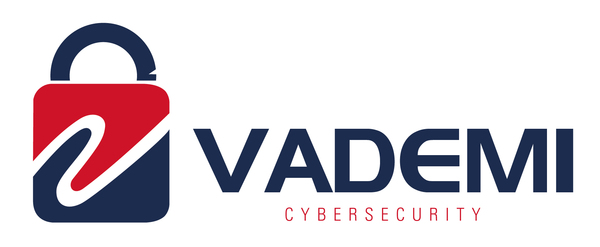
Improve your IT security with effective password management!
Computer security is an undeniable priority for every individual and company. Password management plays a crucial role in this protection. Discover our practical recommendations for strengthening your cybersecurity and preventing the risks associated with weak or poorly managed passwords. Protect yourself now!
Optimize your IT security with effective password management
Today, IT security is a major concern for individuals and businesses alike. At the heart of this concern is password management, an essential aspect of protecting access to sensitive systems and data.
Here are a few best practices to adopt:
Use strong passwords
A strong password is long, complex and unique. It should mix upper and lower case letters, numbers and symbols. Avoid common passwords or passwords linked to personal information that's easy to guess.
Renew your passwords regularly
To limit the risk of data leakage, change your passwords regularly, for example, every three to six months. This periodic renewal reduces the period during which a compromised password can be used by an attacker.
Adopt a Password Manager
Password managers are invaluable allies. They generate and store secure passwords for each site or service in a secure database, accessible via a master password. Example: KeePass.
Switch to Multifactor Authentication (AMF)
By combining passwords with an additional form of authentication (SMS, authentication application, hardware device), you significantly increase security. Even if a password is compromised, access remains restricted by the need for a second factor.
Raise your teams' awareness
Training on the importance of strong passwords and good password management practices is crucial. Raise awareness of the risks associated with weak or reused passwords.
Adopt Clear Security Policies
Define precise password management policies, covering creation, storage, sharing and resetting. These policies should be regularly reviewed to ensure they comply with security standards.
Audit and Compliance
Regular audits verify compliance with password policies, identifying and correcting inadequate practices before they become major problems.
By implementing these practices, both individuals and businesses can significantly enhance their security and reduce the risk of data breaches linked to weak or poorly managed passwords.
By implementing these practices, companies and individuals can significantly strengthen their security and reduce the risk of data breaches linked to weak or poorly managed passwords.
